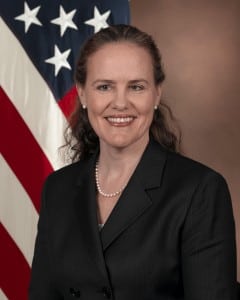
Members of the House Armed Services Committee and representatives of the National Defense Panel seemed to reach an impasse when discussing the Defense Department’s 2014 Quadrennial Defense Review the panel was set up to review: panel members fundamentally believe the Pentagon needs more flexibility and authority to control its spending and its drawdown during sequestration, and lawmakers say a “trust deficit” keeps them from ceding any control to the Obama administration. During her opening statements, National Defense Panel member and…












